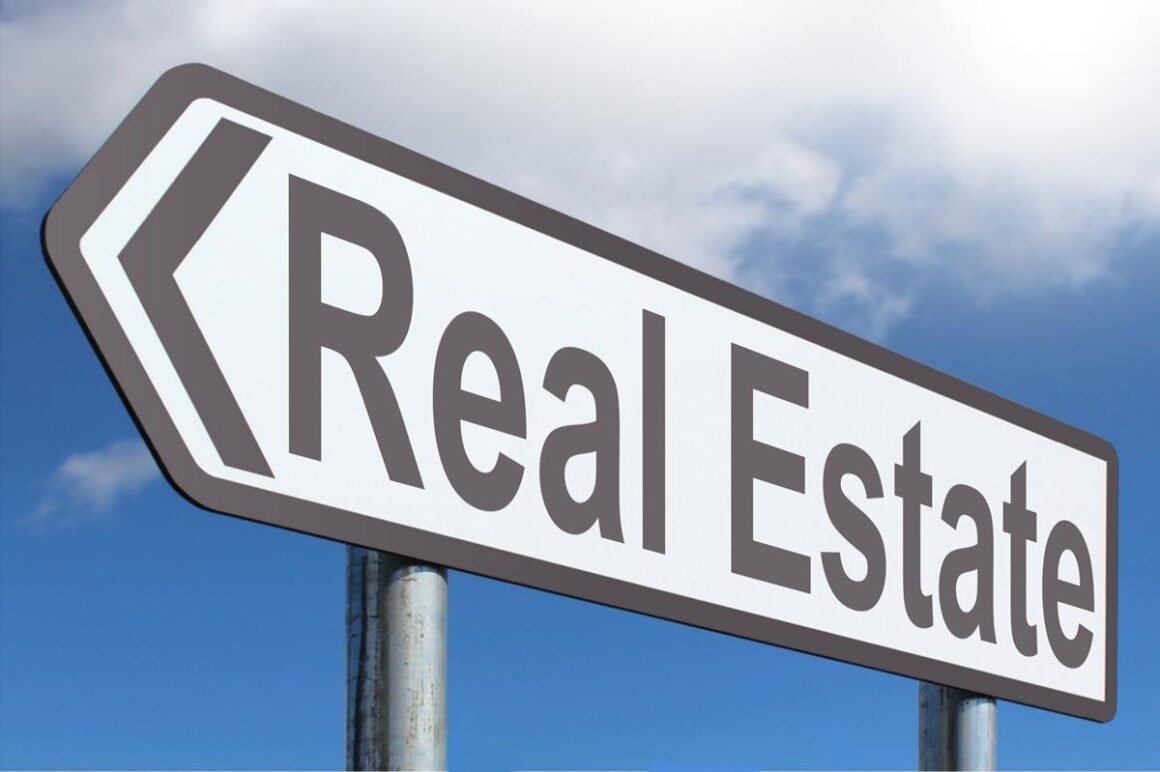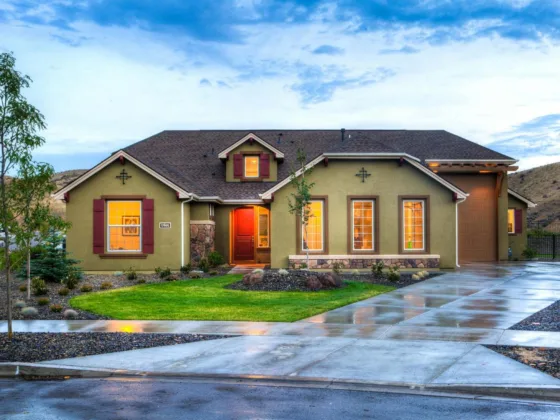Table of Contents Show
What is real estate? It’s a common enough term, but without knowing what it means, the concept can be elusive.

Real estate is simply property consisting of the structures and land on it, and its accompanying natural resources like water, crops, or minerals; or personal property of that nature.
It includes land that may change hands between private parties for a variety of different reasons. Real estate includes both the tangible and intangible forms of real property.
Below are some more terms you may encounter when discussing real estate.
Structure’s Tangible Assets
A ‘structure’s tangible assets’ refers to those things that physically exist in the real estate, such as buildings, structures, shops, etc. On the other hand, a ‘building’s tangible assets’ includes the intangible form, i.e. the improvements made to real property which are only considered as expenses on the income statement of the business.
Residential Real Estate
‘Residential real estate’ refers to land that can be used as a home. The residential real estate market encompasses a broad range of various types of land including lots, parcels, and individual-family residences.
These include manufactured homes, modular homes, stand-alone houses, and townhouses. Developments often appear in the residential real estate market.
Read Also:
Fabricated Homes
The concept of ‘fabricated homes’ can refer to multiple-unit dwellings that are built from prefabricated building materials. In the United States, the term ‘fabricated home’ is most often used in the context of commercial structures.
Building
‘Building’ refers to either a single-family dwelling or a multi-unit dwelling that is not intended to have living space for more than a single person. These main categories of real property include single-family dwellings, multiple-family dwellings, and townhouses.
New Home Construction
‘New home construction’ refers to residential constructions that take place on existing lot lines. New home construction has historically been a slow market segment compared to other real estate markets, but the residential segment is showing signs of improvement.
This segment of the real estate industry works to provide prospective buyers with newly constructed homes on established lot lines. The primary goal of the new home construction market segment is to produce new homes that are more energy-efficient and lower in price than traditionally manufactured home models.
Residential Real Estate Industry
The ‘residential real estate industry’ includes various housing starts, including single-family residences, multifamily residences, and condos. Examples include manufactured home parks, accessory dwelling units, manufactured homes, townhouses, condominiums, and mobile homes.
The real estate industry also includes foreclosure sales and related services. In addition, the industry includes commercial real estate, which refers to real estate for business purposes such as office buildings, warehouses, retail stores, hotels, and other franchises.
Bottomline
Knowing these crucial pieces of terminology can help you understand real estate in general, and that is helpful in many ways, particularly if you are looking to buy or sell any of these pieces of real estate.
For most folks, buying any home is going to be the single largest transaction ever over the course of their life. Given that, it is prudent to speak as much of the lingo as is possible before diving into this admittedly intimidating sector of the economy.










